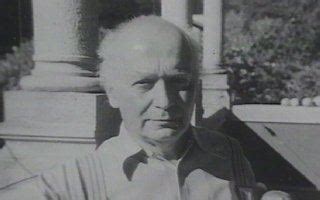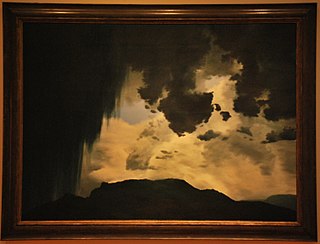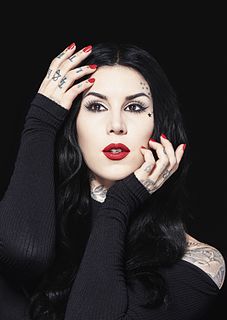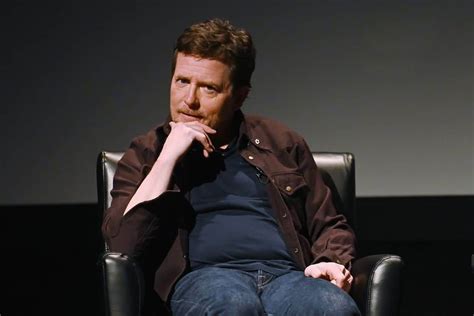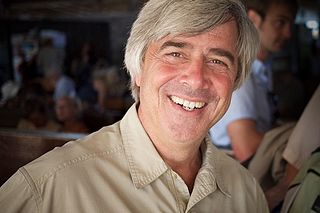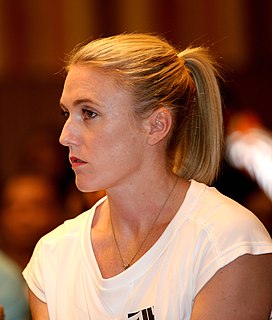A Quote by Frans de Waal
To endow animals with human emotions has long been a scientific taboo. But if we do not, we risk missing something fundamental, about both animals and us.
Related Quotes
Many things that human words have upset are set at rest again by the
silence of animals. Animals move through the world like a caravan of
silence. A whole world, that of nature and that of animals, is filled
with silence. Nature and animals seem like protuberances of silence.
The silence of animals and the silence of nature would not be so great
and noble if it were merely a failure of language to materialize.
Silence has been entrusted to the animals and to nature as something
created for its own sake.
There has been opposition to experimenting on animals for a long time. This opposition has made little headway because experimenters, backed by commercial firms that profit by supplying laboratory animals and equipment, have been able to convince legislators and the public that opposition comes from uninformed fanatics who consider the interests of animals more important than the interests of human beings.
It has been well said that the food one consumes determines one's thoughts. By eating the flesh of various animals, the qualities of these animals are imbibed. How sinful is it to feed on animals, which are sustained by the same five elements as human beings! This leads to demonic tendencies, besides committing the sin of inflicting cruelty on animals.
I have no affinity for animals. I don’t hate animals and I would never hurt an animal; I just don’t actively care about them. When a coworker shows me cute pictures of her dog, I struggle to respond correctly, like an autistic person who has been taught to recognize human emotions from flash cards. In short, I am the worst.
It has been an obsession of human beings to create a hierarchy that places the human species on top and lumps all the "other animals" together beneath us. The resulting "speciesism" allows us to look upon animals as less deserving of all manner of rights and considerations than humans. To support this lower status, humans have argued that animals act instinctually; don't have souls; don't feel physical pain like we do; and lack self-consciousness, cognitive intelligence, emotional feelings, morality, and ethics.
It must be stressed that there is nothing insulting about looking at people as animals. We are animals, after all. Homo sapiens is a species of primate, a biological phenomenon dominated by biological rules, like any other species. Human nature is no more than one particular kind of animal nature. Agreed, the human species is an extraordinary animal; but all other species are also extraordinary animals, each in their own way, and the scientific man-watcher can bring many fresh insights to the study of human affairs if he can retain this basic attitude of evolutionary humility.
Years of cultural programming have taught us to love some animals while eating others, when in all reality, all animals are sentient beings with the capacity to feel, both physically and emotionally. Every day, I have the choice to live a life of compassion that not only saves animals but helps the environment.
Doctors are human animals. They want to be loved, they are tribal, they instinctually favor stories over scientific evidence, they make mistakes, and even small gifts make them susceptible to being biased. If we took doctors seriously as human animals, we might hurt them - and they might hurt us - a lot less.
Our economic order is tightly woven around the exploitation of animals, and while it may seem easy to dismiss concern about animals as the soft-headed mental masturbation of people who really don't understand oppression and the depths of actual human misery, I hope to get you to think differently about suffering and pain, to convince you that animals matter, and to argue that anyone serious about ending domination and hierarchy needs to think critically about bringing animals into consideration.
We owe them [animals] a decent life and a decent death, and their lives should be as low-stress as possible. That's my job. I wish animals could have more than just a low-stress life and a quick, painless death. I wish animals could have a good life, too, with something useful to do. People were animals, too, once, and when we turned into human beings we gave something up. Being close to animals brings some of it back.

